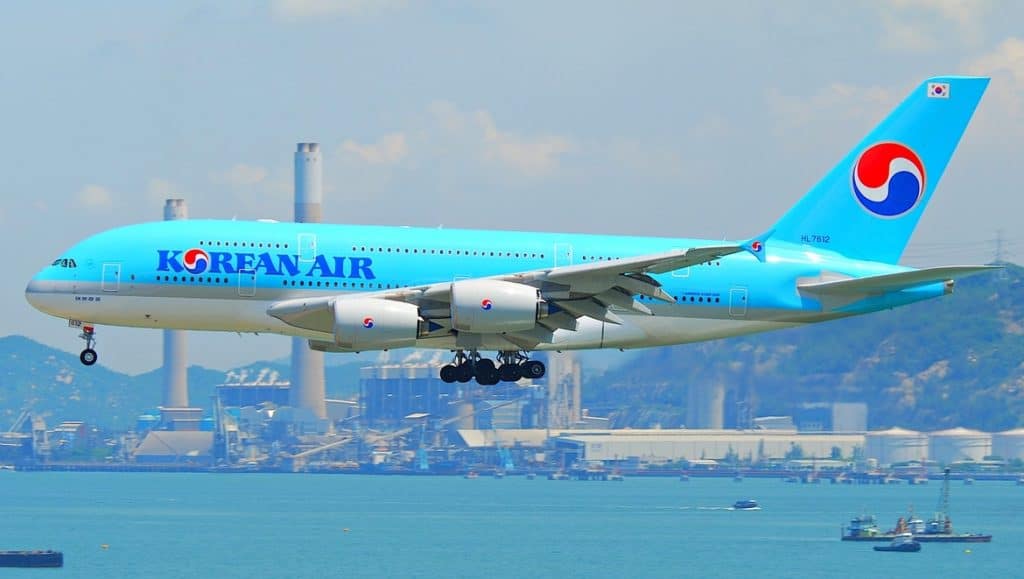
The Hanjin Group, owner of South Korean flag-carrier Korean Air, has said it will buy out its smaller embattled rival Asiana Airlines in a $1.6 billion deal that will see the airline join the ranks of the world’s largest carriers.
The deal will be funded in part by investment from Korea Development Bank, with the remainder to be raised through shares and bonds in the new year.
The deal will include Asiana’s subsidiaries, including low-cost carriers Air Soul and Air Busan.
“The main reason behind Korean Air’s decision to acquire Asiana Airlines at this time is to stabilise the Korean aviation industry, which is suffering from the COVID-19 pandemic,” Korean Air said in a statement.
“Considering that Korean Air’s financial status could also be endangered if the COVID-19 situation is prolonged, it is inevitable to restructure the domestic aviation market to enhance its competitiveness and minimise the injection of public funds.”
The airline added that, following the acquisition, “the airline is expected to be ranked as one of the top 10 airlines in the world”.
Hanjin noted that Korea’s current system of two full-service carriers was a “competitive disadvantage” when compared with countries with a single major airline, such as Germany and Singapore.
“However, Korean Air’s acquisition and the expansion of its routes, fleet and capacity will give the airline the competitiveness to compete with global mega airlines,” it said.
“The merger of the two airlines is expected to further enhance the competitiveness of the Korean aviation industry with more streamlined route operations and lower costs. More slots secured at Incheon International Airport, a transport hub in Asia, through the consolidation of the airlines, may lead to an increase in joint ventures with global airlines and greater transfer demand, which will also spur the growth of the domestic aviation industry.”
Even prior to COVID-19, Asiana was riddled with financial problems. It recently reported operating losses of $242 million in the first six months of this year, further crippled by debts now in excess of $10 billion.
Asiana’s parent company Kumho Industrial placed its 31 per cent stake in the airline up for sale last year after facing increasing pressure from its creditors.
A previous deal for a South Korean builder, HDC Hyundai Developer, to acquire Asiana collapsed in September as the pandemic tore through the aviation industry.










